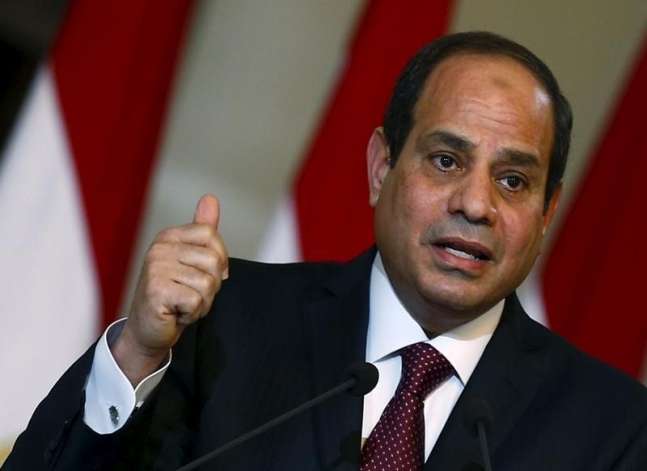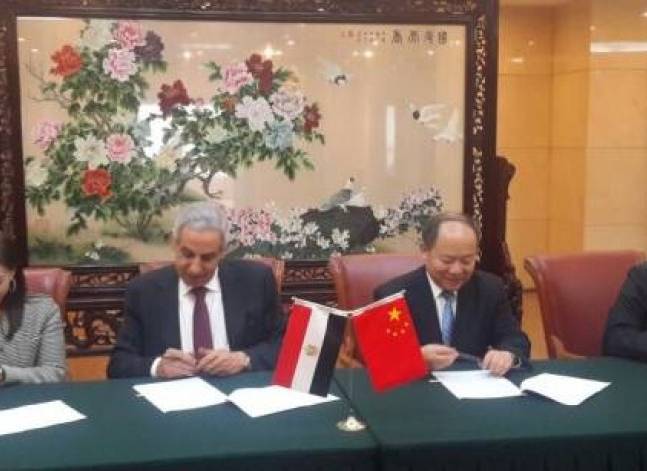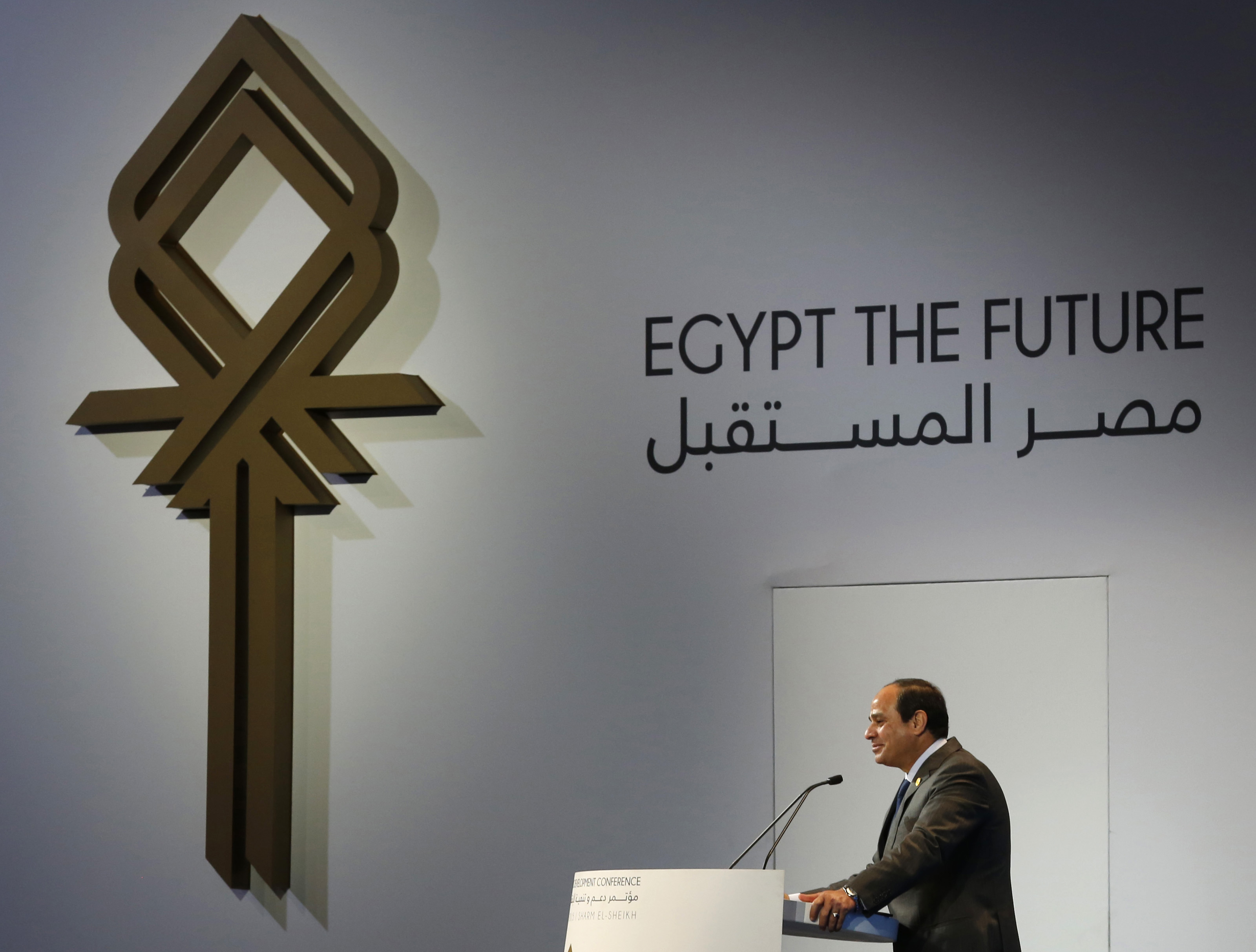Latest NEWS
- Aswat Masriya, the last word
- Roundup of Egypt's press headlines on March 15, 2017
- Roundup of Egypt's press headlines on March 14, 2017
- Former Egyptian President Hosni Mubarak to be released: lawyer
- Roundup of Egypt's press headlines on March 13, 2017
- Egypt's capital set to grow by half a million in 2017
- Egypt's wheat reserves to double with start of harvest -supply min
- Roundup of Egypt's press headlines on March 12, 2017
Egypt announces sharp rises in electricity prices as it aims to phase out subsidies
Electricity Minister Mohamed Shaker during a press conference on Monday Aug 8, 2016. Screenshot from state's TV
CAIRO (Reuters) - Egypt will increase electricity prices by up to 40 percent for households as part of its plan to repair its finances by eliminating power subsidies entirely over the next few years, the government said on Monday.
The latest price hikes range from 25 to 40 percent depending on consumption levels and will be applied retroactively from last month, the electricity ministry said in a statement.
Cairo, which is in the midst of talks with the International Monetary Fund (IMF) to secure a $12 billion three-year loan programme, is trying to cut its budget deficit through a number of reforms. They include tax increases and a plan to wean the population off a decades-old subsidy regime that has often benefited the highest-earning households.
Egypt began a five-year programme of price increases in 2014 to gradually eliminate domestic electricity subsidies.
However, Electricity Minister Mohamed Shaker told a news conference on Monday that this year the government had raised prices more steeply than originally proposed, whilst reducing the burden on poorer households, because dwindling local production had forced the country to import more gas for power generation in recent years. A devaluation in the Egyptian pound had also made those imports more expensive, he said.
The IMF has in the past urged Egypt to phase out its costly subsidies.
Overconsumption of cheap electricity has in recent years exacerbated energy shortages and led to frequent power cuts in summer months.
To ease the electricity shortages, Egypt signed an $8.9 billion deal with Siemens in June 2015 for three combined-cycle power plants with a capacity of 4,800 megawatts each as well as 12 wind farms.
Some of the plants, which together are expected to boost electricity generation by 50 percent, are expected to go online in December this year and reach full capacity in May 2018.
(Reporting by Omar Fahmy and Amina Ismail; Writing by Amina Ismail, editing by Lin Noueihed and Susan Fenton)














